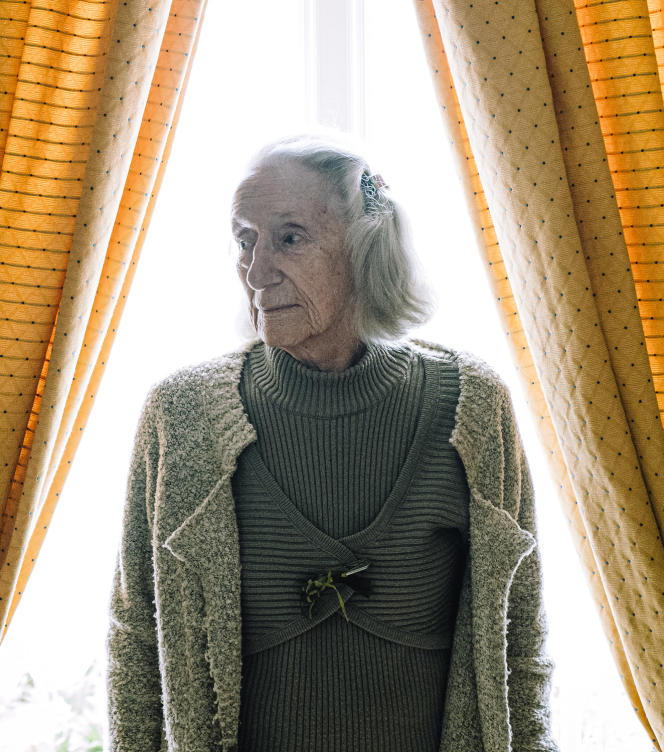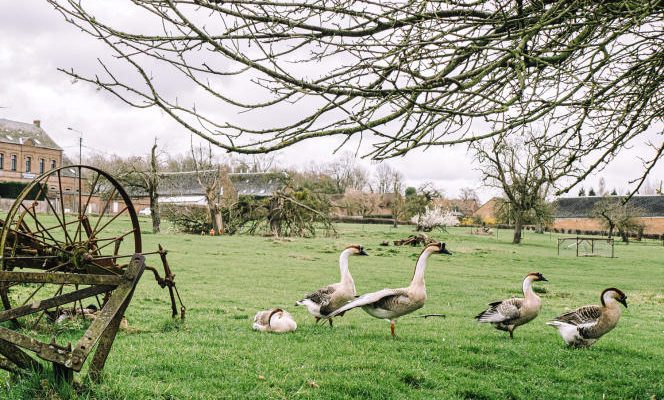At first glance, nothing distinguishes Wargnies-le-Grand from the neighboring towns: a main artery crosses it from side to side, a few alleys shelter old farms converted into modern houses and a church sits proudly facing a pasture where sheep graze. . However, this modest northern village of 1,150 souls, located about ten kilometers from Valenciennes and on the edge of Belgium, is marked with the seal of a tradition unique in France. Since the fourteenthe century, the inhabitants are invited, once a year, to the “big alms”. The last one was held on March 23.
This centuries-old tradition consists of giving each inhabitant the proceeds of renting the 15 hectares of the commune. Land on which are now settled local farmers cultivating cereals, potatoes or corn, in return for a rent paid to the municipality. That is an income of around 3,000 euros for all the land, divided equally between the inhabitants, including children. Everyone can benefit from the modest sum of 2.60 euros, provided they have been registered with the town hall before November 30 of last year.

“These are a few pieces, but for us it is above all symbolic”, says Martha Genva, an 89-year-old resident who has always lived in Wargnies-le-Grand. Small clips holding his mid-length white hair and long woolen vest over a gray sweater, the octogenarian is ready to recover his “due”. “I used to go there when I was little with my parents, then with my children. I have never missed a single one. » On a piece of paper, she scribbled the history of this tradition that her ancestors told her. “In the XIIIe century, to repopulate the population decimated by an epidemic of plague, those who came to settle in the village could claim to receive money”, she evokes, while conceding not to be certain of the exact origins of this great alms.
Between History and Legend
“No one can be. Like any great story, this one has its share of legend.” abounds Bernard Beaufort, first deputy mayor since 2014. The one who is nicknamed “Mr. Heritage” has multiplied the research to unravel the mystery. The thesis of the epidemic? He heard about it. But, according to him, the beginning of the great alms would rather be around 1340, during the Hundred Years War. “The Count of Hainaut, who held the lordship of Wargnies-le-Grand at that time, would have had the bad idea to join the English for economic interests. In retaliation, the king of France, Philippe VI of Valois, would have sent his army to the spot to take revenge. »
You have 51.19% of this article left to read. The following is for subscribers only.
